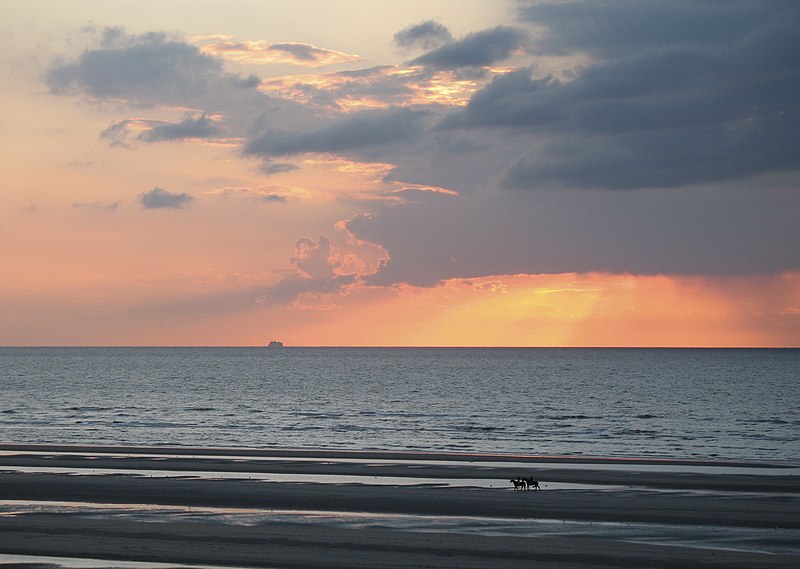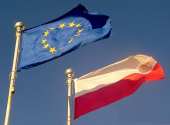
The North Sea ecosystem has long been influenced by human activities, and the impacts of climate change are now adding further complexity to this already studied marine environment and
bustling fishing and shipping zone.
Human intervention in the North Sea dates back a millennium with the construction of dikes, leading to the loss of wetlands. Industrialization and the aftermath of World War II brought about practices such as river management, waste disposal, overfishing, pollution, and nutrient eutrophication, which significantly altered marine life.
Climate change is also making its mark on the North Sea, with the sea warming at twice the rate of other bodies of water. According to Hans Polet from the Flemish Institute for Agricultural, Fisheries and Food Research (ILVO), shallow seas like the North Sea experience the effects of climate change more rapidly, resulting in faster changes to biodiversity.
As seawater temperatures rise, fish species are adapting their distribution. Cold-water fish are moving towards northern areas, while warm-water species are migrating towards the North Sea. Polet highlights that climate change is exacerbating these shifts, leading to drastic fluctuations in fish stocks. The increasing instability could have severe consequences for the ecosystem.
Maintaining biodiversity is crucial for ensuring stability in the face of climate change. Polet emphasizes that ecosystems with higher biodiversity are better equipped to absorb shocks. Recognizing the importance of biodiversity, the Belgian government passed the Marine Environment Act in late 2022, providing a legal framework for establishing marine protected areas.
Under this act, activities such as sand extraction or bottom-disturbing fishing in habitat areas will undergo assessments to evaluate their impact on nature. If the effects are deemed significant, licenses or concessions for such activities may be refused, or mitigation measures may be enforced. Fines for marine pollution have also been substantially increased, with the funds being allocated to restore the marine environment or invest in pollution cleanup equipment.
Despite these positive developments, the 4SEA coalition, consisting of Bond Beter Leefmilieu, Greenpeace Belgium, Natuurpunt, WWF Belgium, and the West Flemish Environmental Federation, is urging greater attention to be given to nature-integrated design. They point out that the environmental impact assessment, tendering process, and budgeting of projects like the new energy island of Princess Elisabeth Island—the centerpiece of Europe's largest green energy plant—fail to consider the impact on marine life.
4SEA is calling on North Sea Minister Vincent Van Quickenborne (Open VLD) and Energy Minister Tinne Van der Straeten (Groen) to take immediate action. The coalition emphasizes the need for swift implementation of the Marine Environment Act to safeguard the North Sea ecosystem for future generations. Photo by Marc Ryckaert, Wikimedia commons.



































